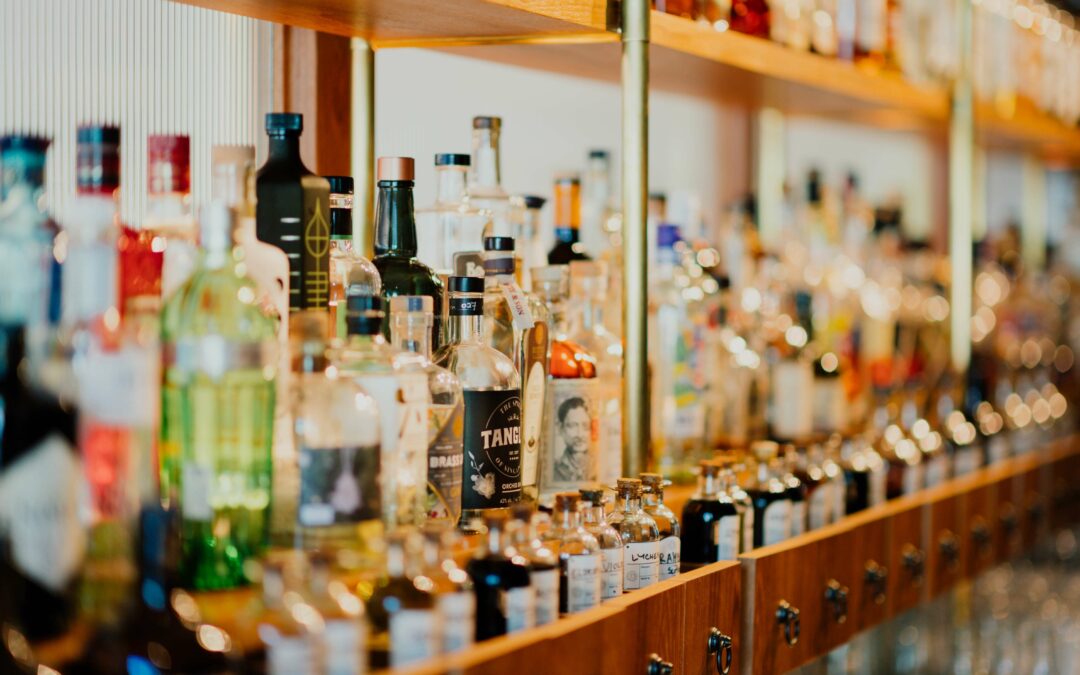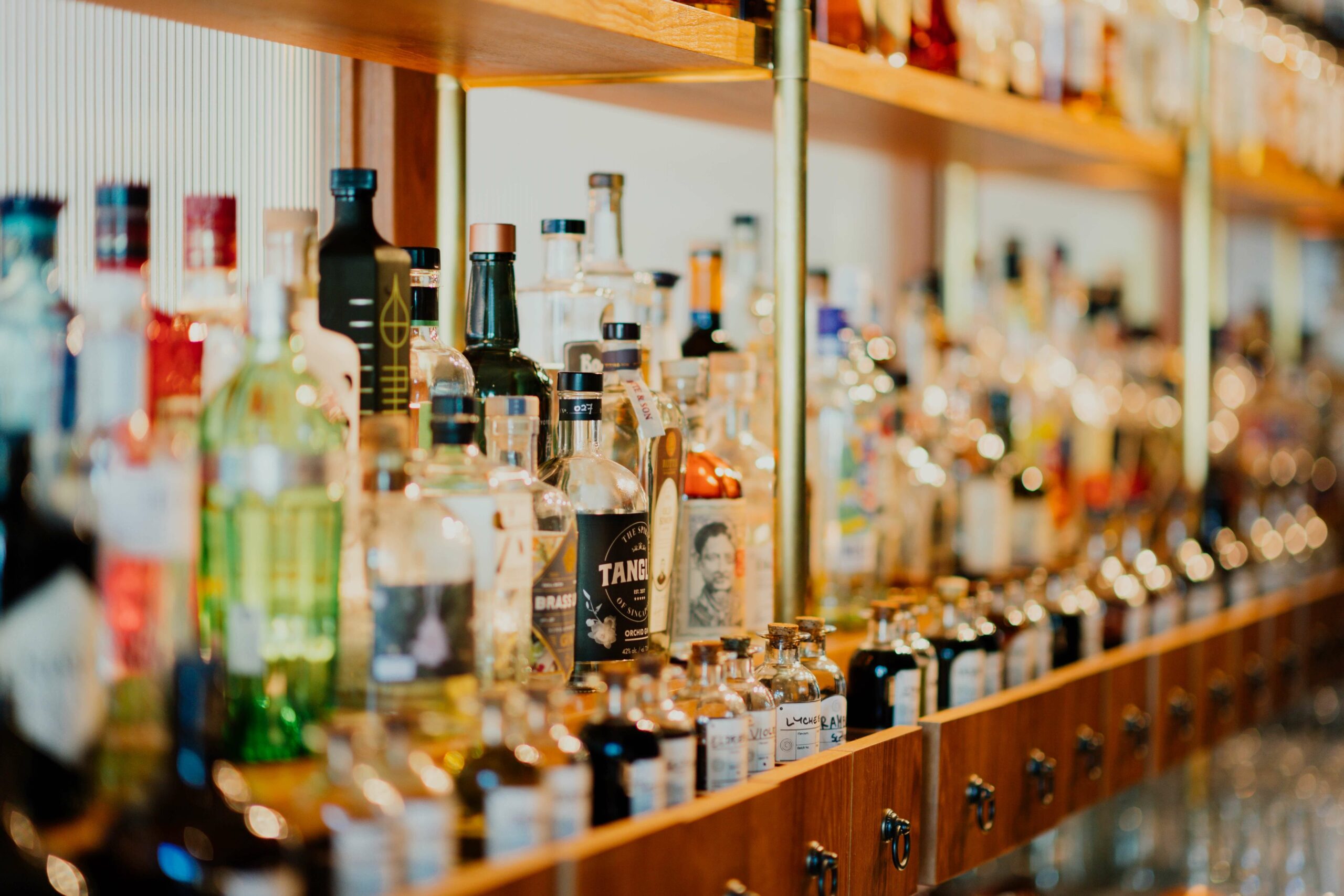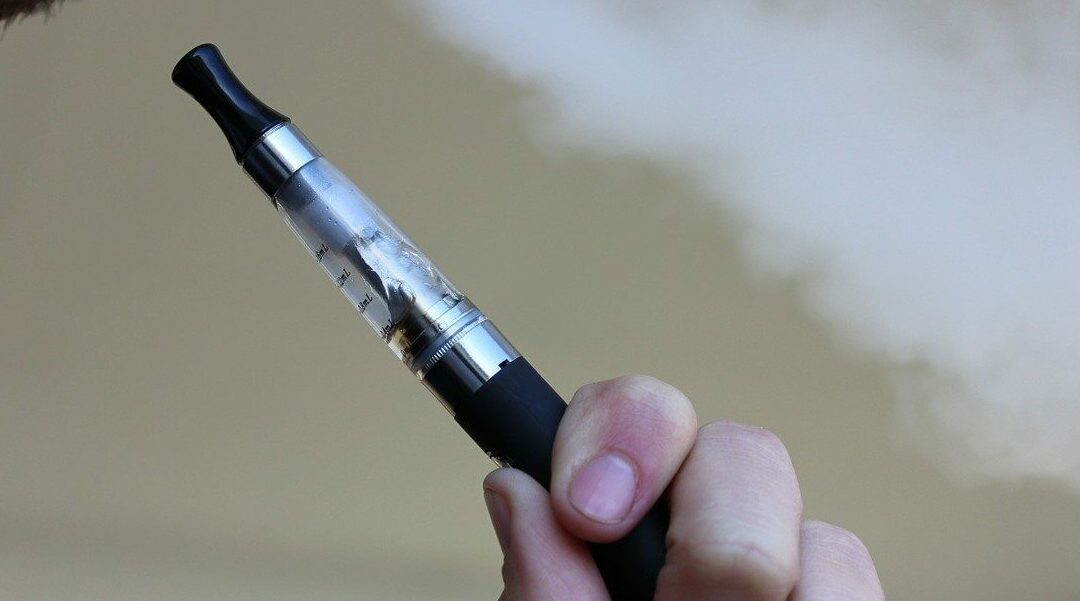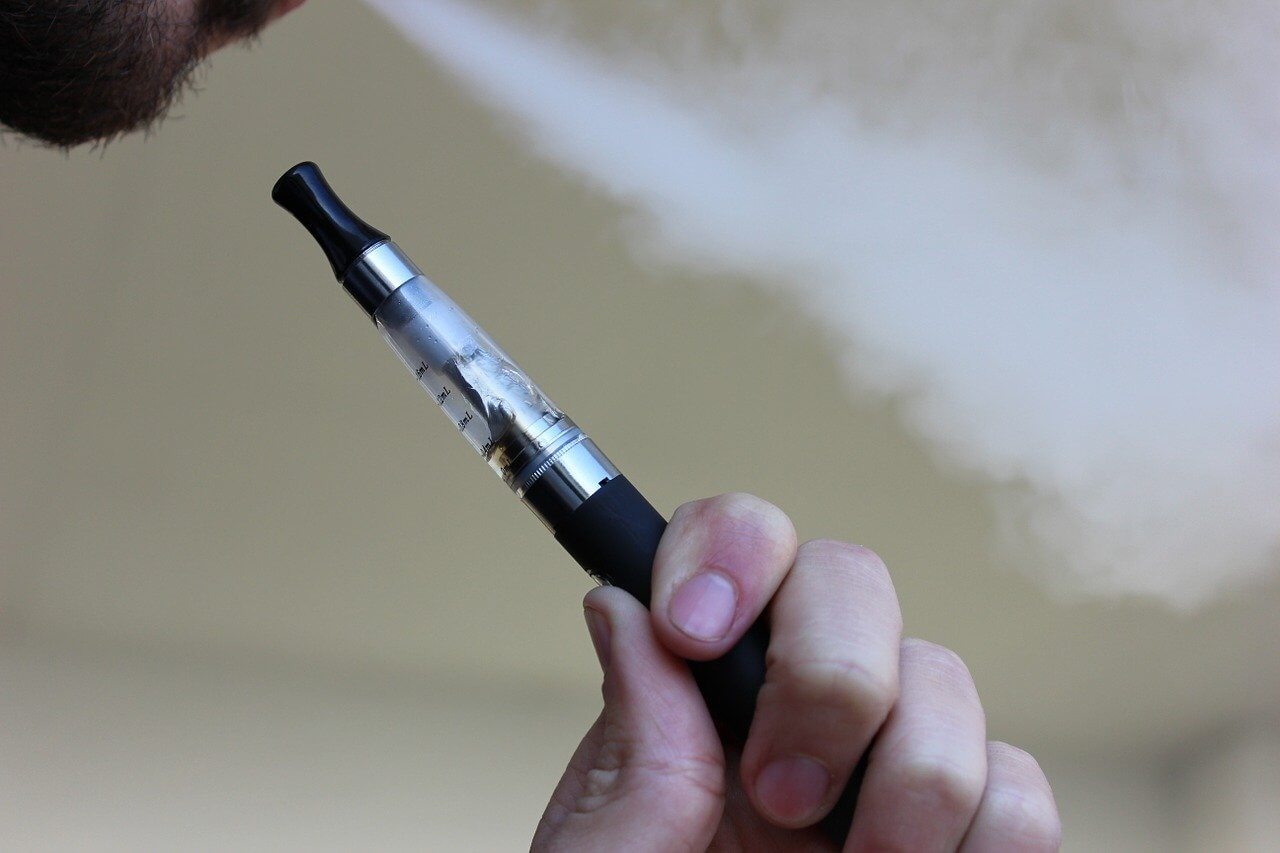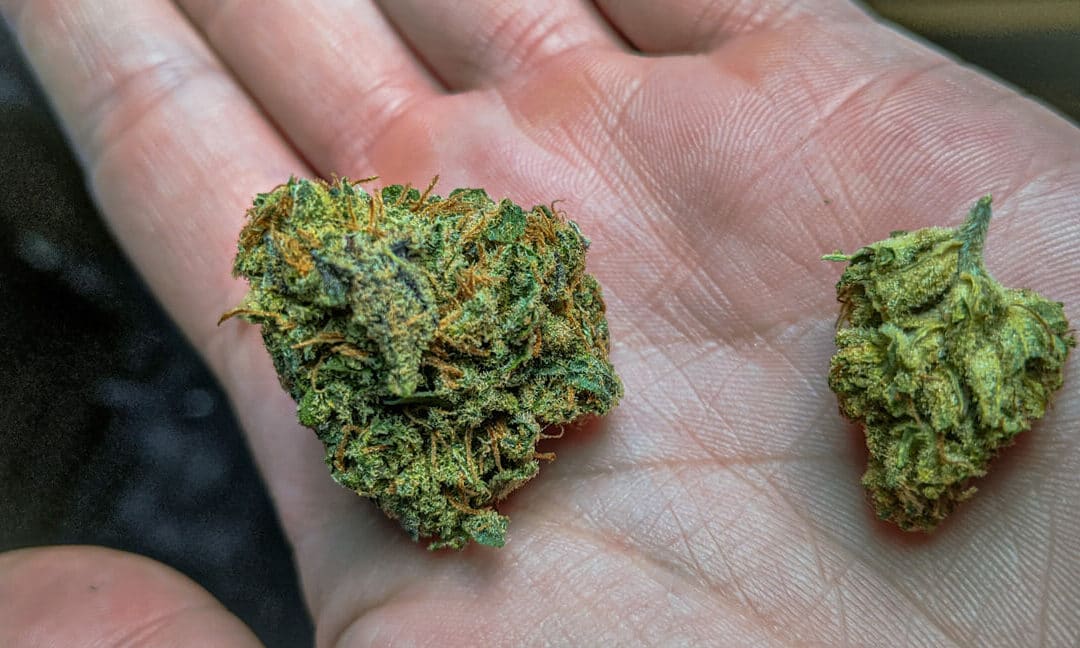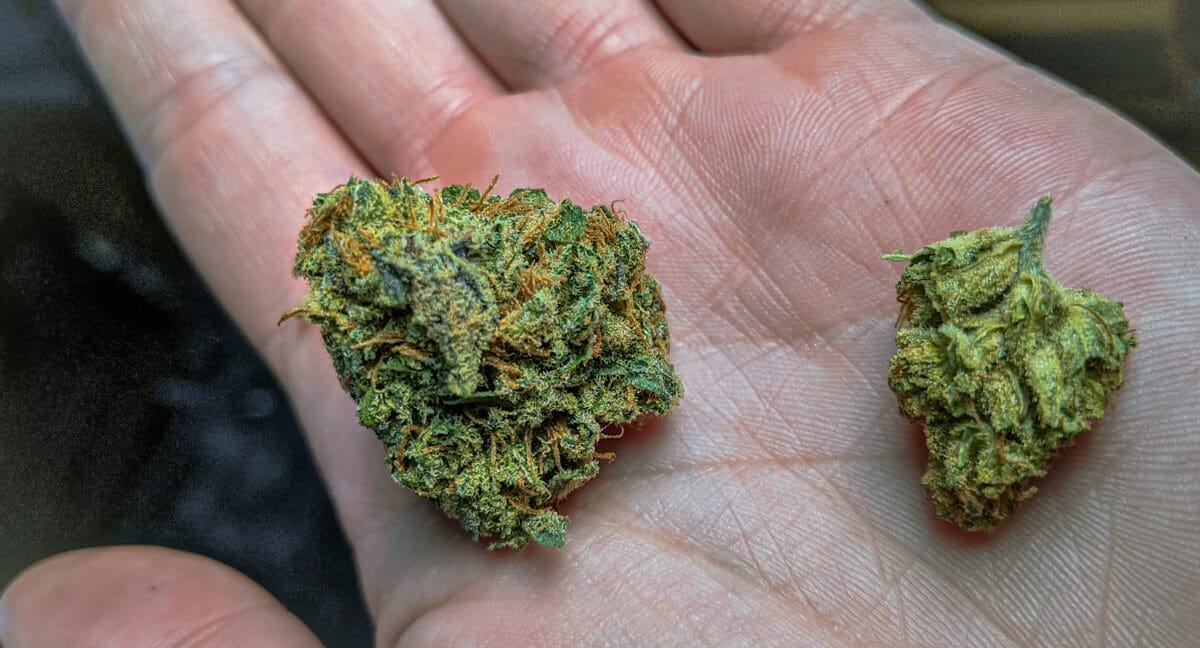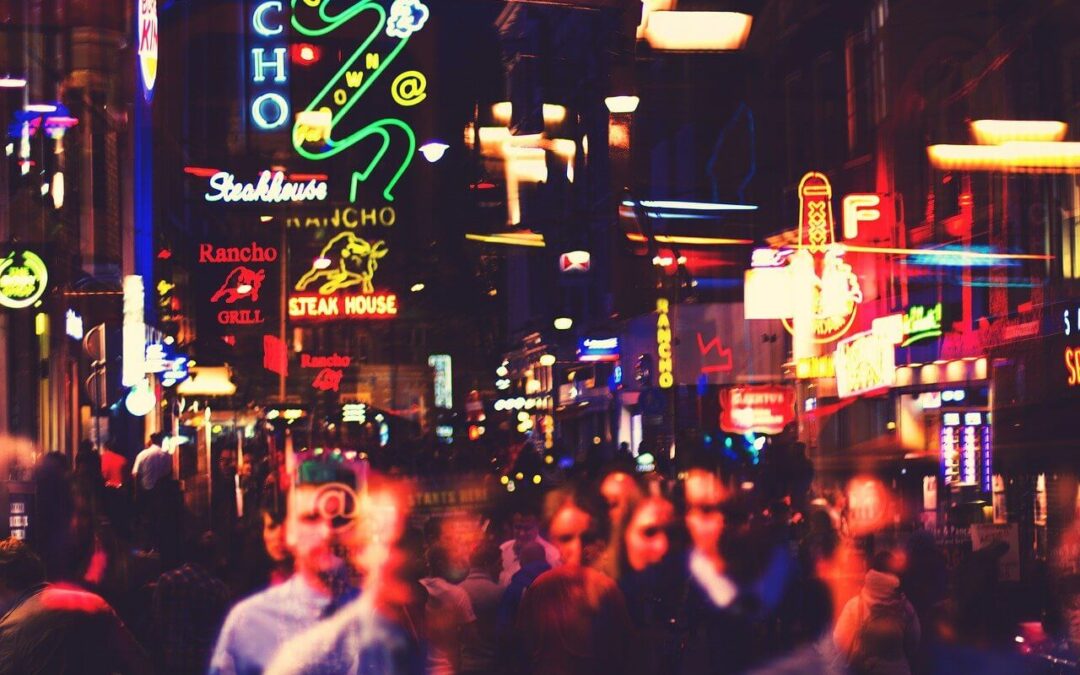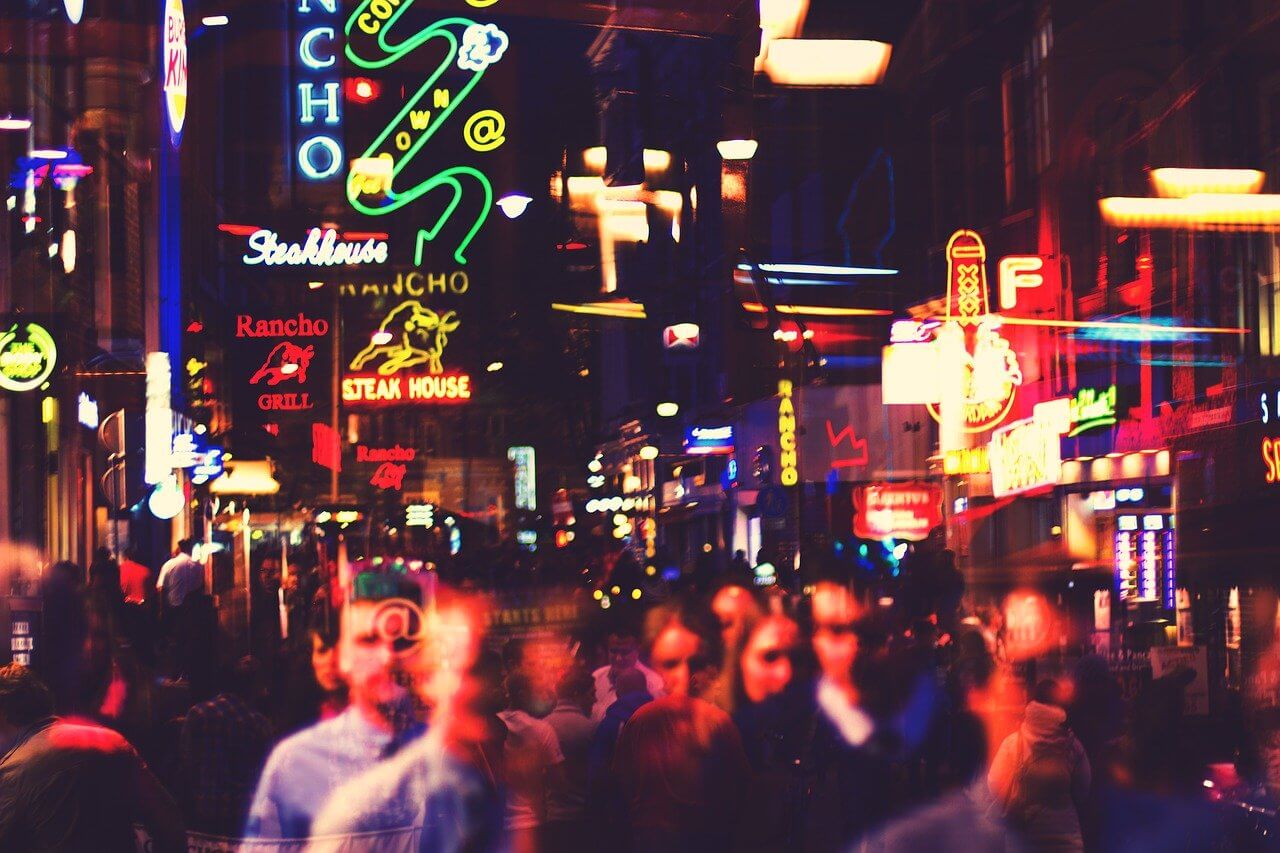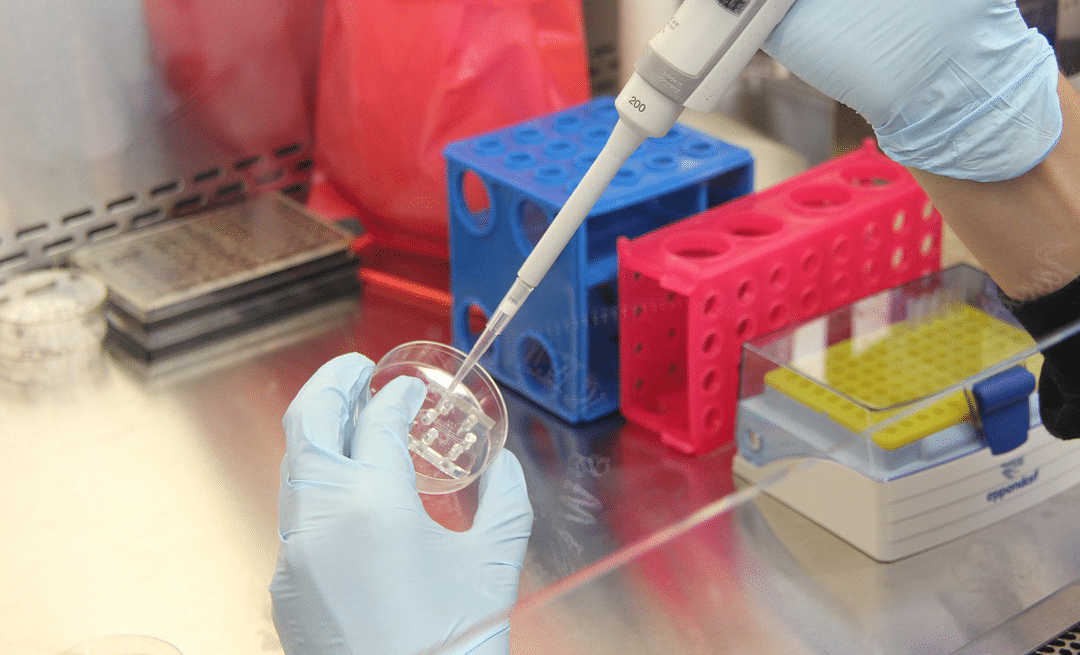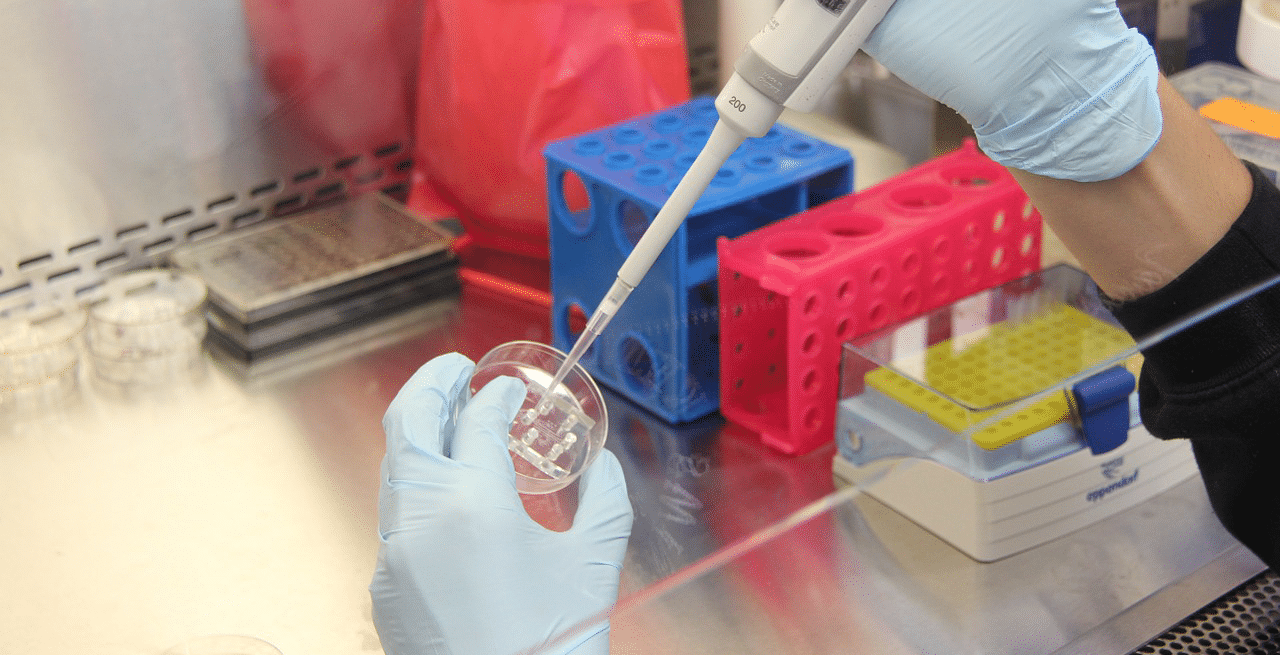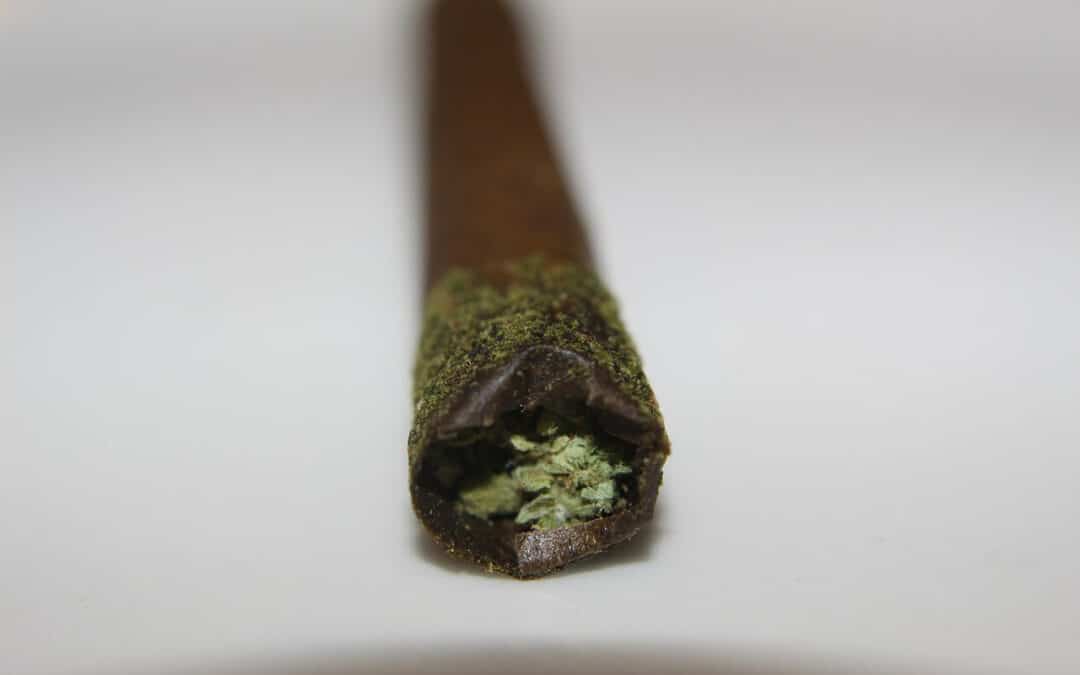
US to ban Backwoods, Swishers and other flavored blunt wraps
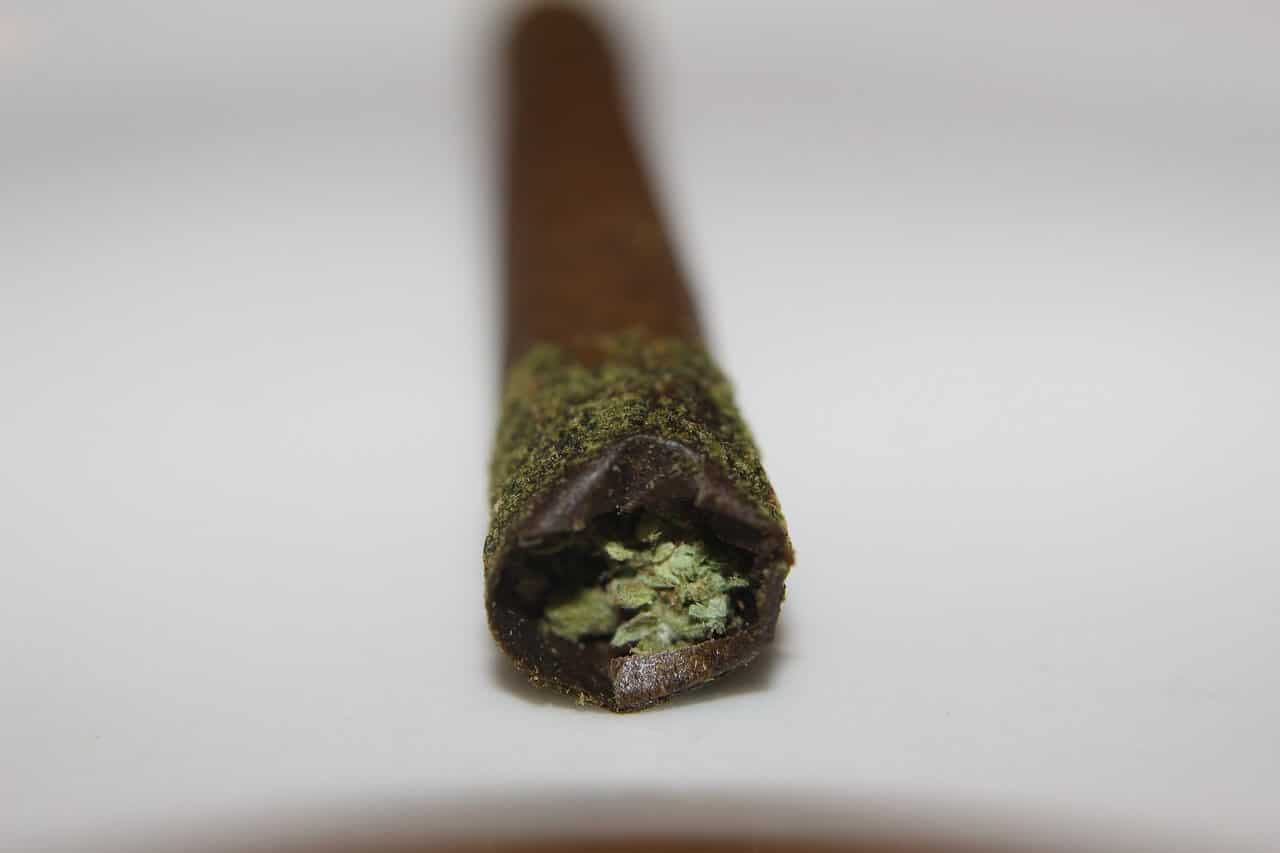
Your illegal weed dealer might be adding menthol cigarettes and smuggled Backwoods and Swisher Sweets to their offerings next year.
On Thursday, April 29, the Food and Drug Administration announced plans to ban menthol-flavored cigarettes and all flavored cigars, starting in 2022. The FDA’s proposal responds to a lawsuit from the African American Tobacco Control Leadership Council calling for the national ban, which would target makers and sellers, not users, of menthols and flavored cigars.
Tobacco companies will likely challenge the decision in court, according to Stat News.
But such a ban would affect many cannabis consumers—primarily Black smokers—who roll marijuana into flavored tobacco or cigar leaves, commonly called a blunt. Half of cigar sales in 2020 were two flavored brands: Black and Mild, followed by Swisher Sweets.
A 2020 study found that a third of weed consumers smoke blunts, while almost two-thirds of Black weed consumers smoke blunts. A separate study of blunt wrap brand Backwoods-tagged content on Instagram found that half of #backwoods posts were marijuana-related.
FDA confronts a health inequity
The FDA wants to reduce tobacco use, the leading cause of preventable death in the US. The agency stated that banning menthols and flavored cigars would reduce the number of kids who start smoking, and encourage menthol smokers to quit.
The FDA also said it specifically wants to reduce the number of Black Americans dying from tobacco. Three-quarters of Black smokers smoke menthols.
“Banning menthol—the last allowable flavor—in cigarettes and banning all flavors in cigars will help save lives, particularly among those disproportionately affected by these deadly products,” acting FDA Commissioner Janet Woodcock said in a statement.
Banning menthols may cause 923,000 US smokers to quit, including 230,000 Black Americans in the first 13 to 17 months after a ban goes into effect. An earlier study claims the ban would prevent 633,000 deaths, including about 237,000 deaths averted for African Americans.
To do that, massive tobacco companies and distributors would face punishment for making, distributing, and selling menthols and flavored tobacco no earlier than next year.

